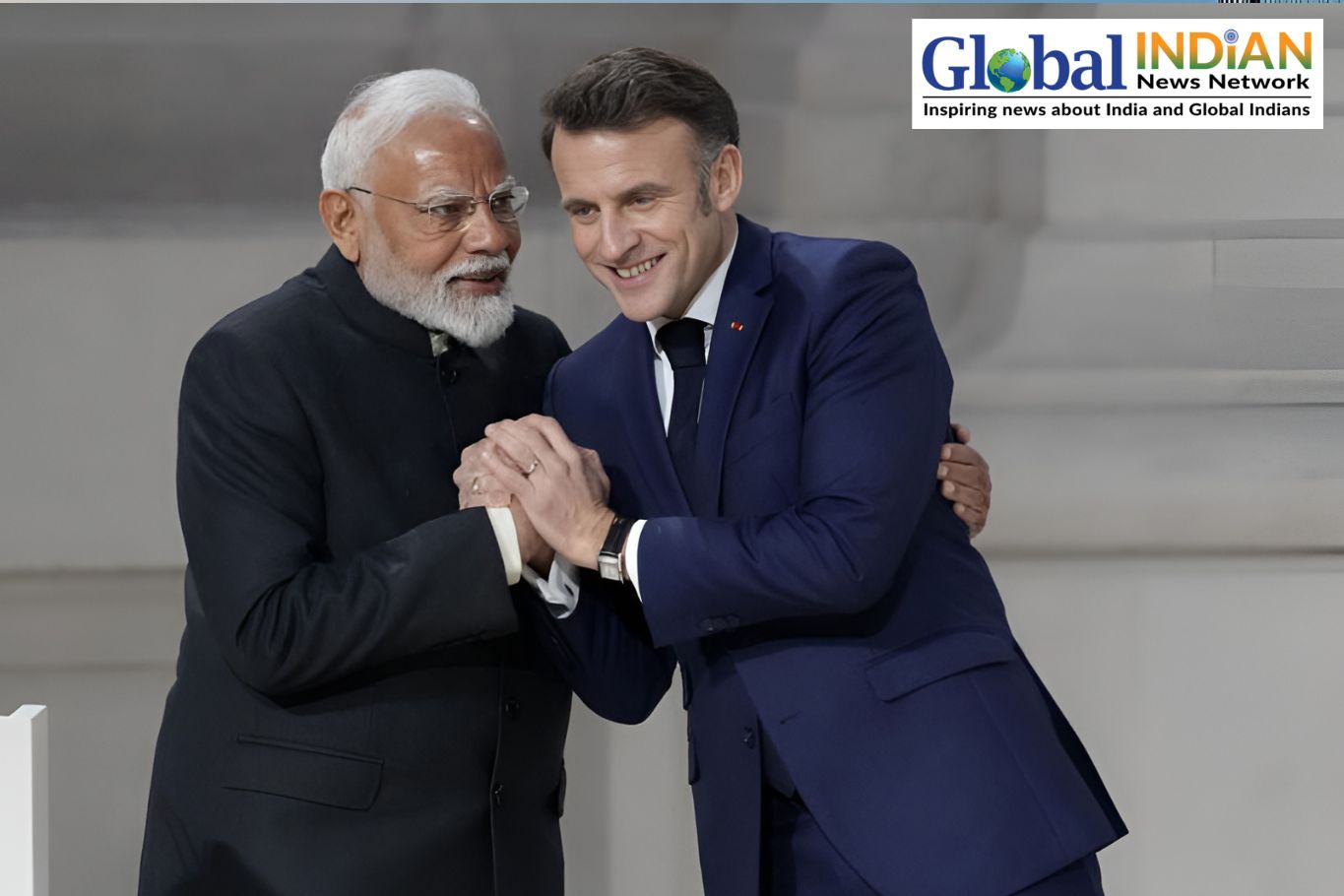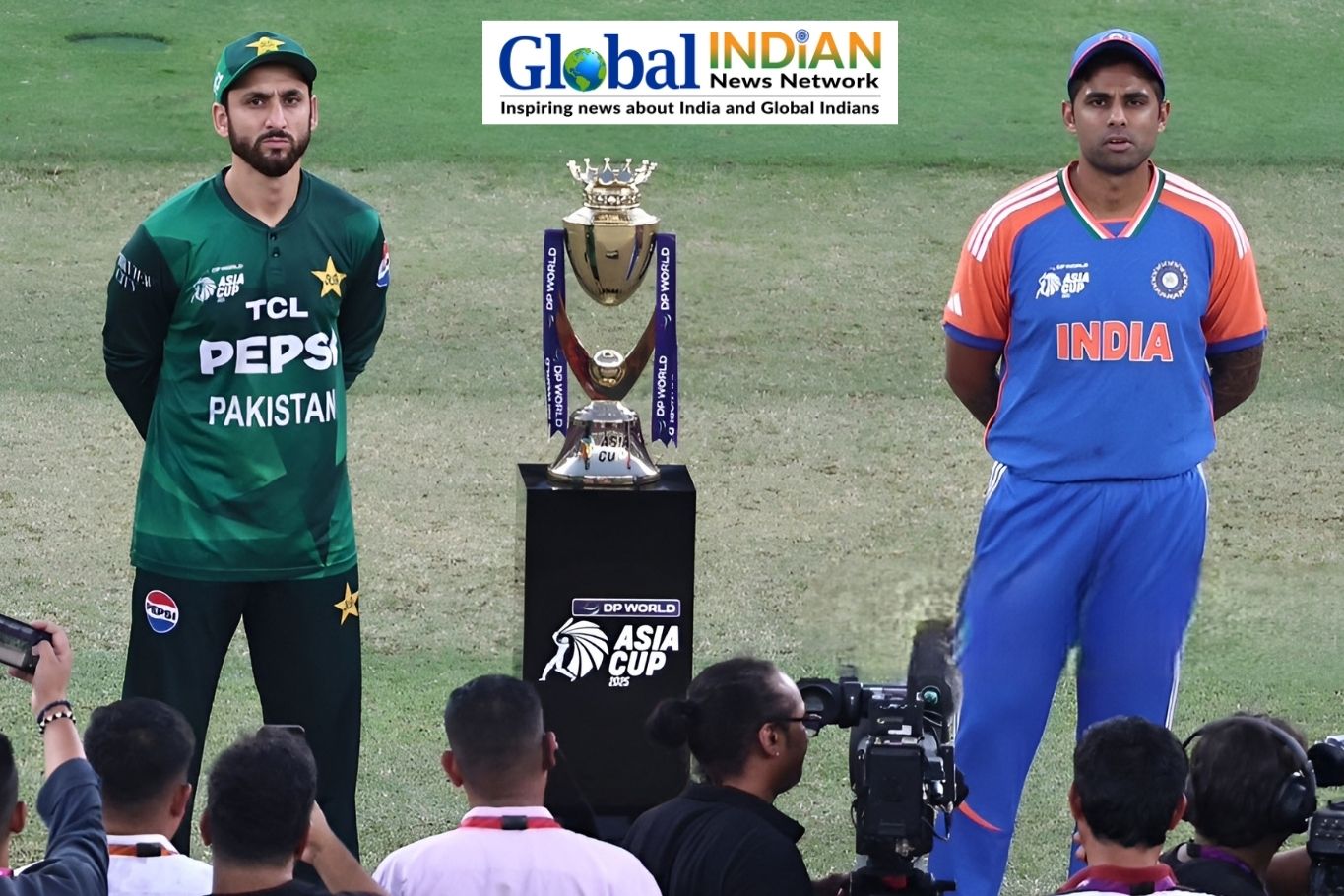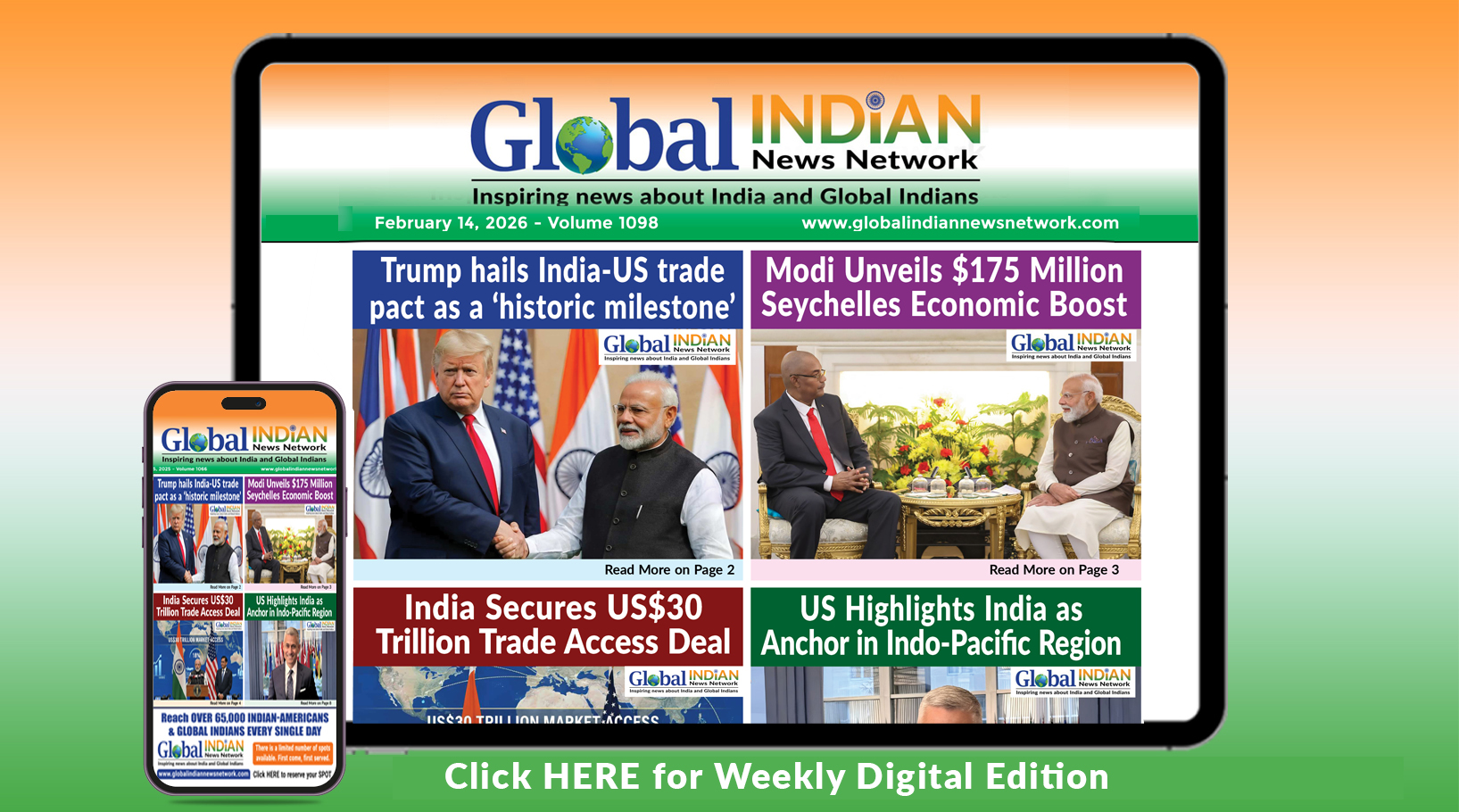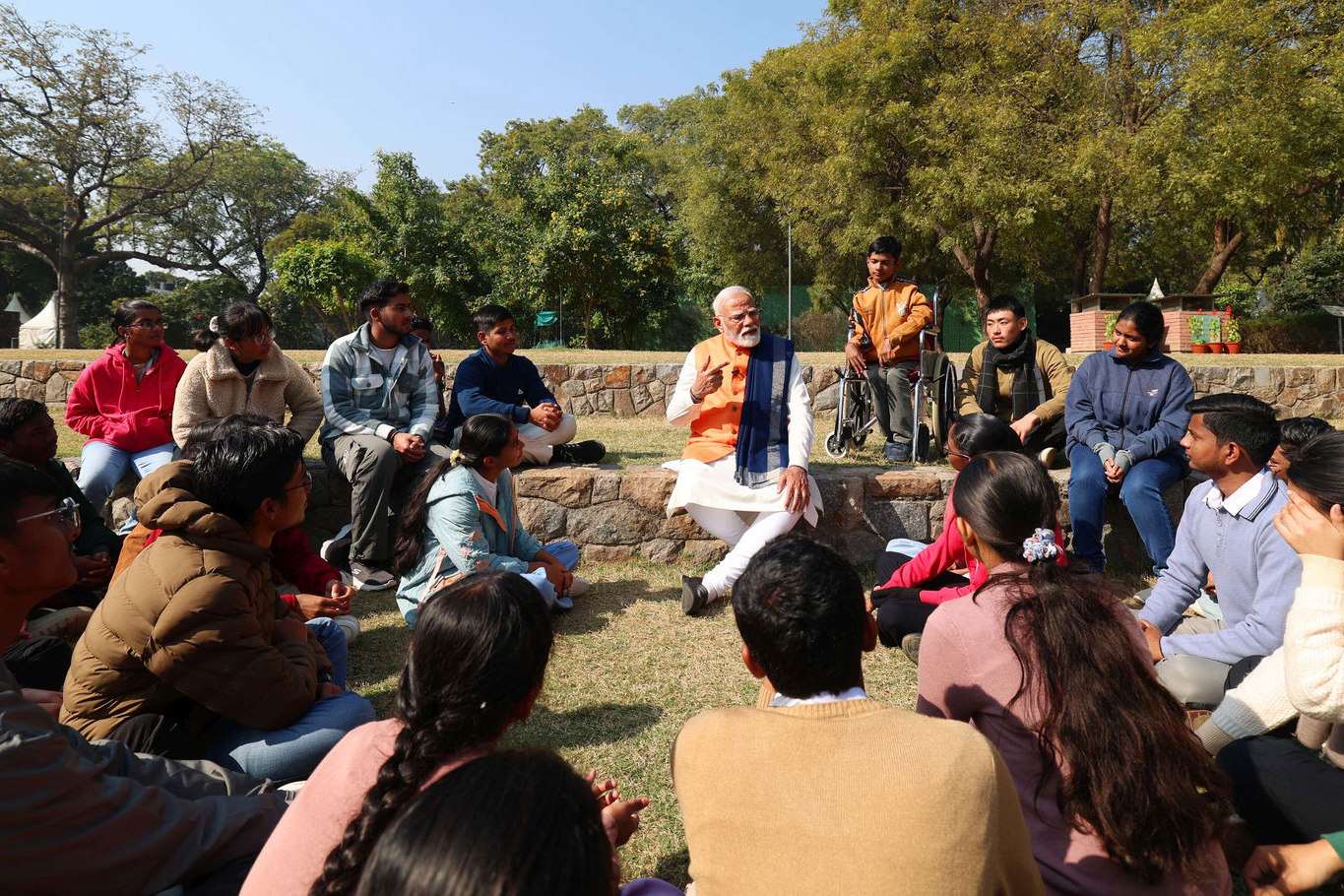
Prime Minister Narendra Modi recently interacted with students at Sunder Nursery, New Delhi, on the 8th episode of Pariksha Pe Charcha. During an informal discussion, he discussed a variety of topics that touched upon nutrition, wellness, time management, managing pressure, and leadership.He distributed sweets made from til (sesame), a traditional wintertime food that keeps the body warm. Nourish to Flourish: Importance of Nutrition.
The topics and the message are universal, and this will apply very well for the students living in the US as well as all over the world.
PM Modi talked on nutrition, highlighting the UN declaration of 2023 as the International Year of Millets at India’s suggestion. He emphasized healthy eating, urging students to consume seasonal fruits, avoid junk food, fried items, and processed flour (maida), and adopt mindful eating.
He advised students to chew food a minimum of 32 times and sip water in small amounts to facilitate digestion. Drawing the example of farmers, he recommended a heavy breakfast and an early dinner before sunset for sustained energy levels and excellent health overall.
Wellness & the Role of Sunlight
Speaking of health, PM Modi clarified that disease-free does not always imply health. He stressed the need for good sleep and encouraged children to bathe in the morning sunlight, as the sun is an essential source of vitamin D. He also recommended deep breathing beneath a tree in the morning to increase oxygen flow.
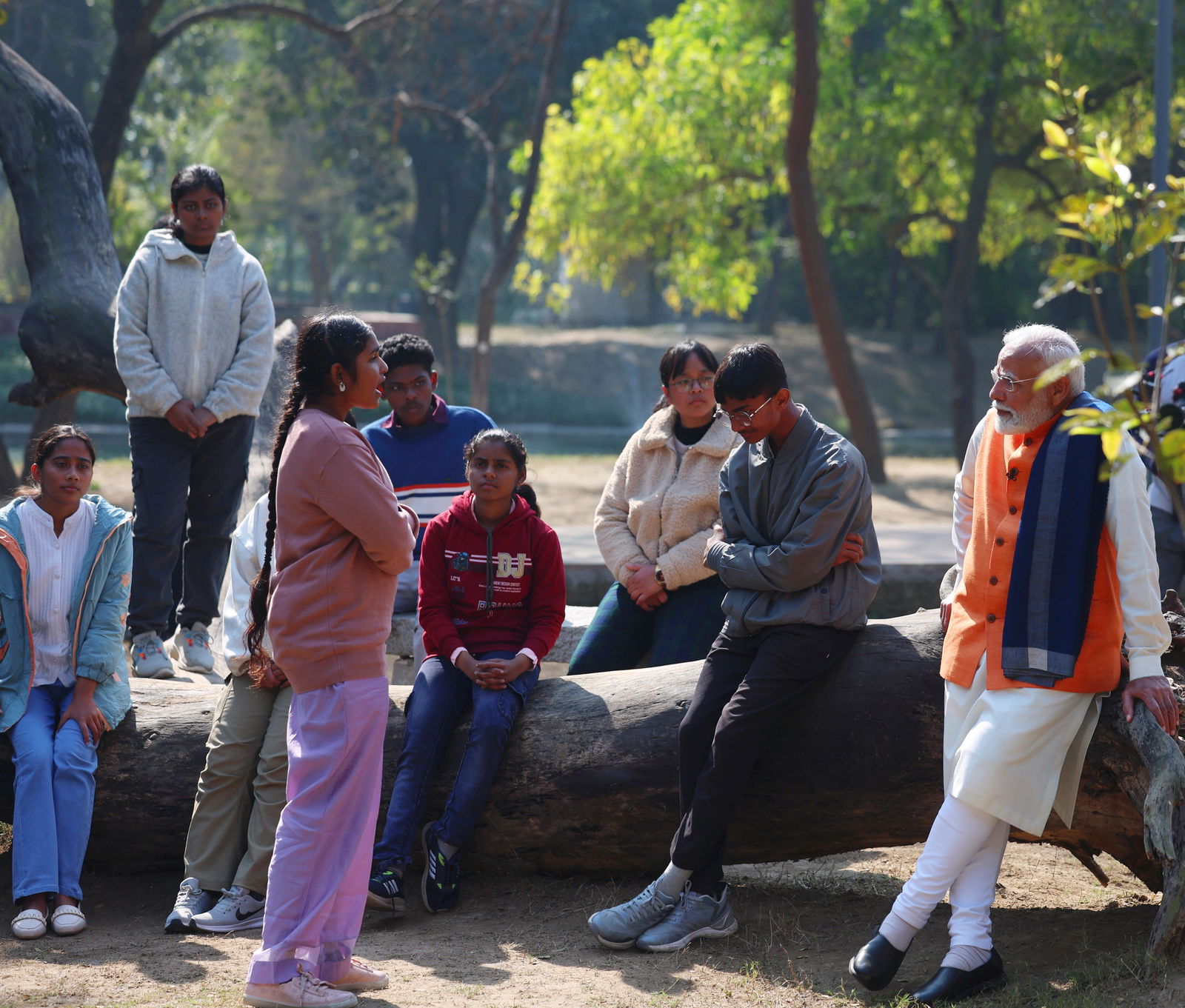
Mastering pressure and staying focused
PM Modi conceded that society has a tendency to impose undue pressure on students, especially in the context of board examinations. He dismissed the notion that scoring low marks is tantamount to failure in life and instead advised students to focus solely on their studies, just as a batsman would on the ball when playing cricket.
He urged students to continue to challenge themselves by establishing personal goals and competing with their own past performances rather than being influenced by extraneous factors. He emphasized mental discipline and clear decision-making.
The Art of Leadership
When asked about leadership qualities, PM Modi remarked that leadership is by example, not by issuing instructions. He underlined that leaders must practice what they preach and cited an example—unless someone who talks of cleanliness also keeps his or her surroundings clean, such a person can never be a leader.
PM Modi also emphasized the significance of teamwork and patience, stating that true leadership involves understanding team challenges and helping members overcome them. He compared leadership to a child holding a parent’s hand in a crowded fair, where the child feels secure. Similarly, a leader should instill trust and confidence in their team.
Beyond Books: 360° Growth
PM Modi dispelled the myth that success is measured by academics only. He asked students to get involved in extracurricular activities, as they assist in all-round development. He appealed to parents and teachers not to restrict kids to academics only, as it could stifle their creativity and development.
He clarified that exams are not the end of the world, and knowledge and learning have to be continuous. He made students do hobbies along with studies, which would make studying more enjoyable.
Finding positives and discovering uniqueness
PM Modi asked the students to develop a positive attitude by identifying and appreciating the good in others. He suggested that instead of searching for flaws, one should acknowledge strengths like a friend being a talented singer or nicely dressed.
He also narrated an inspirational tale of an Ahmedabad kid who was on the verge of being expelled from school due to poor academic performance but later became a robotics genius. He stressed that parents and teachers must identify and nurture each child’s strengths.
Mastering time and overcoming distractions
PM Modi emphasized time management since every individual receives the same 24 hours, yet successful people utilize their time wisely. He advised students to study difficult subjects first rather than procrastinating.
He also discussed distractions, particularly the constant stream of thoughts and mobile phone usage, that inhibit productivity. He advised students to have study goals and check their progress daily.
Living in the present and mental health
PM Modi emphasized staying in the present rather than worrying about the future or the past. He requested the students pause, reflect, and reboot, appreciating small joys in life, such as feeling a gentle breeze.
On mental health, he advised students to say what they feel rather than bottling up emotions. He acknowledged that communication in the family was once an emotional outlet but that modern lifestyles do not permit such communication. He urged students to talk to their family members and say what they feel to get rid of stress.
Following Interests Over Societal Expectations
PM Modi addressed the parental pressure on career choices. He requested parents to develop the innate talent of their wards rather than impose traditional career choices like medicine or engineering.
He cited the instance of Sachin Tendulkar’s success in cricket as a passion-driven achievement and requested parents to take a lesson from it and nurture their wards’ interests rather than comparing them to others.
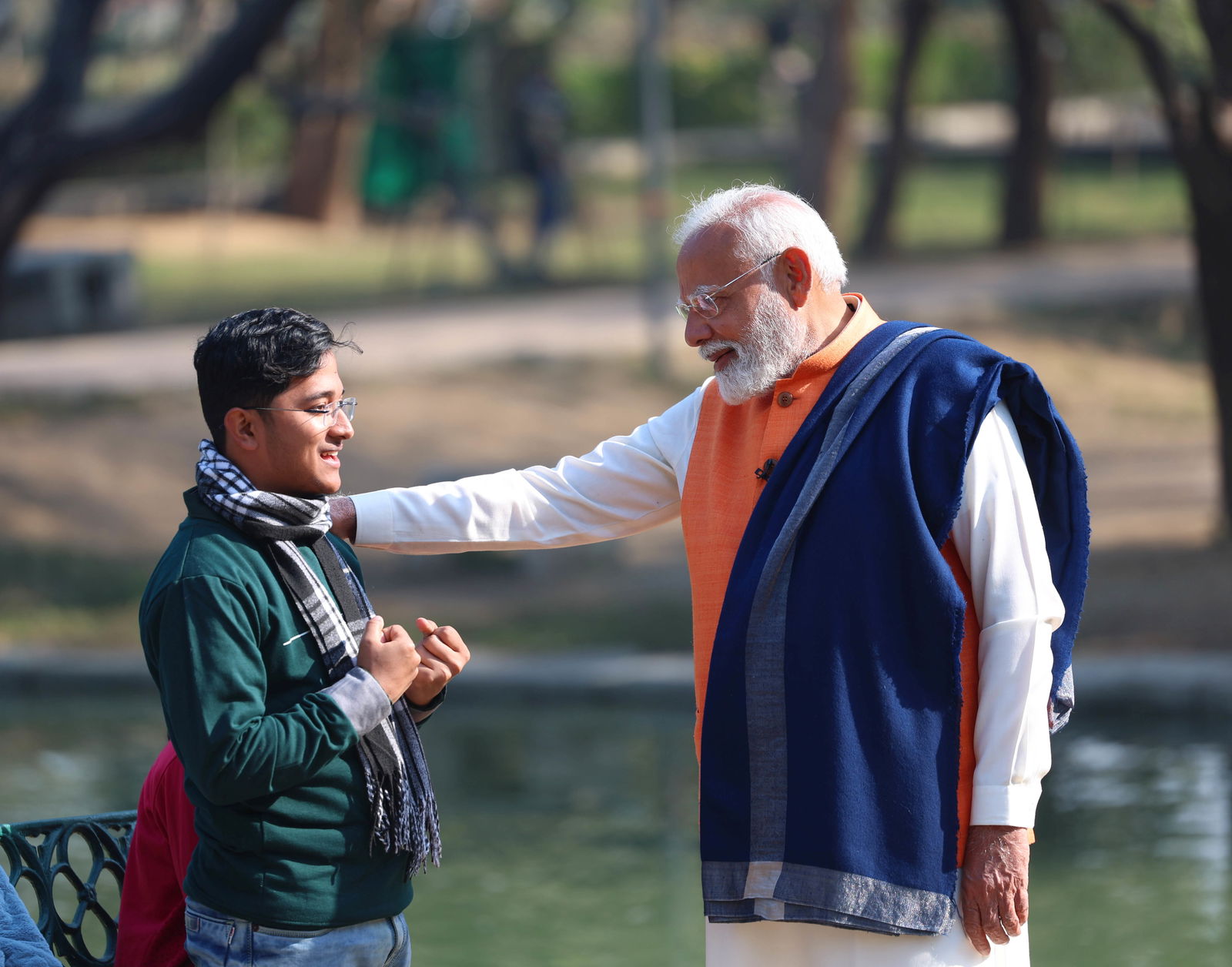 Getting Self-Motivated
Getting Self-Motivated
PM Modi stressed the importance of self-motivation, asking students to challenge themselves with small, achievable goals. As a tip, he suggested having goals like covering a distance on a cycle to gain confidence and develop a habit of crossing personal limits.
He claimed to be driven by the 140 crore Indians whom he was serving and asserted that motivation could be found in the simplest of things if one only observed them.
Overcoming Failure
In case of failure, PM Modi reassured students that failing an examination does not mean the end of life. He urged students to use failure as a learning experience, as cricketers use their failure and try to improve their game.
He also highlighted that differently abled individuals often possess exceptional strengths, reiterating that achievement in life is a function of holistic capabilities, not just academic marks.
Intelligent Use of Technology
PM Modi acknowledged that while technology is a powerful tool, it needs to be used productively. He asked students to use technology to explore their area of interest more deeply rather than wasting time on unnecessary things.
Handling exam stress and ecological responsibility.
In order to learn time management skills and how to write concise answers, PM Modi advised students to solve previous years’ exam papers.
He also addressed climate change, commending the younger generation for being so aware. He introduced Mission LIFE (Lifestyle for Environment) and highlighted India’s traditional nature-respecting practices, such as worshiping trees and rivers. He welcomed students to plant trees in memory of their mothers, encouraging responsibility toward nature.
PM Modi concluded by advising students to live in the present, believe in themselves, and always work on bettering themselves. He stated that exams are merely a phase of life, and success is achieved through the development of personal abilities, positive thinking, and being self-motivated.

